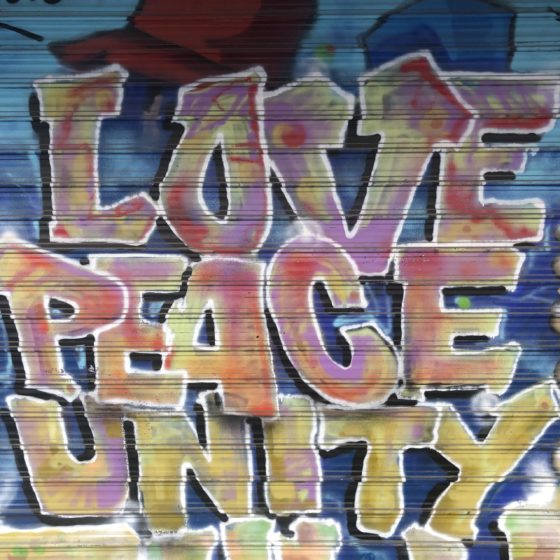
On August 19, 2015, I published a post about #BlackLivesMatter.
In that post, I wrote about the movie Fruitvale Station, the true story about the tragic killing of Oscar Grant, which I had seen in 2013, coincidentally, around the same time I had read the extremely important, highly acclaimed book The New Jim Crow.
I mentioned stories frighteningly similar to the one told in Fruitvale Station: Michael Brown (Ferguson), Eric Garner (the chokehold), Sandra Bland (the video of unnecessarily escalated police behavior), and more. Each of these stories has its own nuances, but what they all have in common is a black person dying at the hands of the police, or while in police custody.
Horrifically, as we all know, many more incidents have taken place since then. And now, in the middle of a pandemic which had turned all of our worlds as upside down as we thought possible, our world has again been flipped on its head with the killing of George Floyd in Minnesota, the same week a white woman made a racist call to the police in New York’s Central Park, just days after police in Georgia finally arrested two white men and charged them with murder in the February killing of 25-year-old Ahmaud Arbery, who committed the crime of jogging while black.
There have been countless articles written about these incidents. If you would like to go deep to understand what’s going on, I recommend these books:
- How to Be an Antiracist by Ibram X. Kendi.
- Chokehold: Policing Black Men by Paul Butler.
- White Rage: The Unspoken Truth of Our Racial Divide by Carol Anderson.
- Stamped from the Beginning: The Definitive History of Racist Ideas in America by Ibram X. Kendi.
The world will be a better place when all of us become antiracists, as Kendi explains in this interview in The Guardian:
Racists hold that “certain racial groups are better or worse than others”, Kendi says, while an anti-racist “expresses emotions that the racial groups are equals”. There is no middle ground, he says. We either support systems and policies that promote racial inequality – with enthusiasm, or by our own passivity – or we actively fight them. “So, the term ‘not racist’ not only has no meaning, but it also connotes that there is this sort of in-between safe space sideline that a person can be on, when there is no neutrality,” he explains. “We’re either all being racist or anti-racist.” This is why he wrote this book: he couldn’t define “not racism” and wanted to answer those who asked: “How do I be anti-racist?”
Yes, there are societal problems that impact all races; and because all people matter it is worth everyone’s while to learn, for instance, how hard it is to break out of the cycle of poverty. But it is black lives that needed to create a movement to try to stop injustices such as those cited above, and if you read, watch, or listen to nothing else, watch this 47-second video.
During the pandemic, I have been ending most every post, newsletter, and e-mail with “Stay well,” “Be well,” “Stay safe,” or other similar sentiments. Once again, I wish that for you. Let’s all wish that for everyone.
David
